Customer behavior insights extraction is imperative in the data-driven marketing environment of today. In this particular case, marketing analytics software and tools have been developed to enable companies make informed decisions, optimize campaigns and achieve growth.
- According to Grand View Research [Source: Grand View Research The global marketing analytics market is forecasted to grow at a CAGR of 12.2% and reach USD 80.04 billion by 2028.That’s very high thus depicting the growing importance of data driven marketing.
- According to the report, 61% of marketers use marketing analytics tools in order to gauge the performance of their campaigns.
Benefits of Utilizing Marketing Analytics:
- Improved ROI: Thus, measurement can be used to reduce campaign wastages as well as identify areas that require improvements for maximum returns on investment (ROI) from advertising expenditures.
- Enhanced Customer Understanding: Consequently, when it comes to engaging with customers through various channels and keeping them loyal; it is important for businesses to understand how customers behavior.
- Data-Driven Decision Making: As such, organizations can make strategic choices based on facts obtained from marketing analytics instead of relying on gut feeling or making guesses.
What is a Marketing Analytics tool ? What’s Use for Business ?
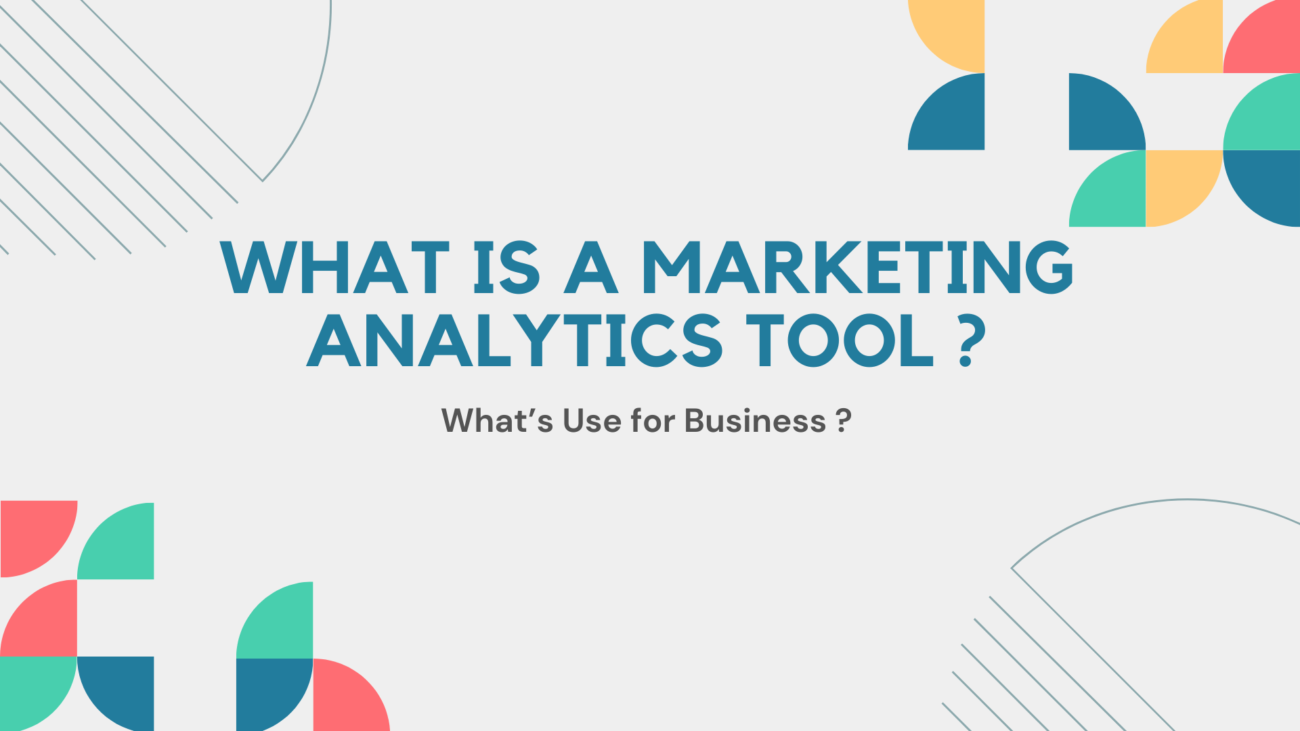
A marketing analytics tool is a software platform designed to gather, track, measure, and analyze data from various marketing activities. It acts as a digital lens, enabling businesses to understand the effectiveness of their marketing efforts and gain valuable insights into customer behavior.
Here’s how these tools benefit businesses:
- Tracking campaign performance: Calculate data such as website traffic, conversion rate, social media engagement, open email rates, etc. In order to understand the performance of marketing strategies.
- Learn about your customers: who they are, what they do, what they like, how they use your product or service, how they perceive your company, and much more. This helps you to send the right promotion to the right customer, to personalize and iterate the user experience, and many more.
- Where it could be leveraged: Optimize marketing spend by letting marketers know which tactic works best across which channels, giving them the ability to budget and spend where they could get the highest ROI.
- Data-driven decision-making: With data illuminating the dimmed path of the left brain, you can confidently shift away from guesswork and gut instinct and begin making marketing decisions based on factual results and insights. This, in turn, enables smarter strategies, better performing campaigns and ultimately a heftier boost to your bottom line.
There are various market share options to choose from, depending on your need and your wallet size. Ask yourself what data points you need to track; what your marketing goal is, the scale of your business, and how much you are willing to pay for the tool before taking any further steps.
It’s vital that marketers understand how to best utilize marketing analytics tools to gain a deeper understanding of data that in turn helps them make the right marketing decisions, to meet company objectives and goals.
7 Key Benefits of doing Integrating Marketing Analytics Platforms
Integrating marketing analytics platforms offers a powerful advantage for businesses, fostering a unified view of their marketing efforts and unlocking several key benefits:
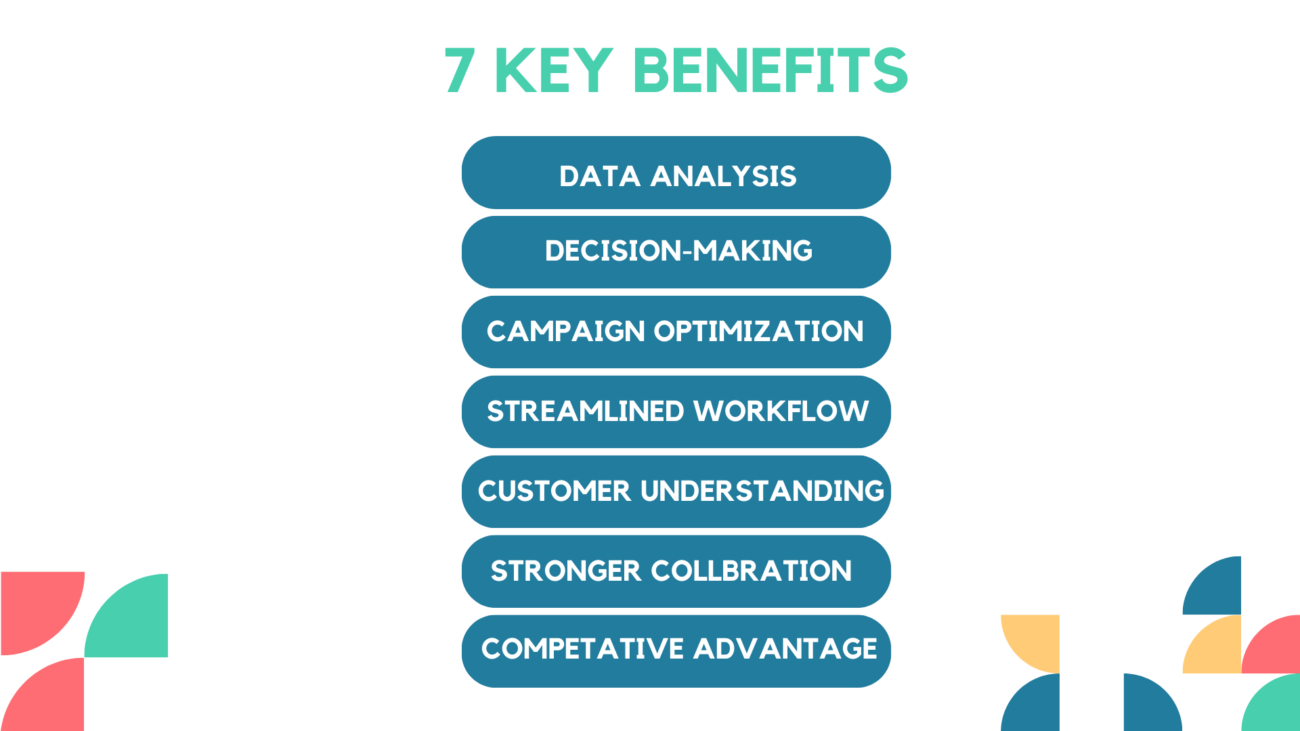
1. Comprehensive Data Analysis:
- Unifies data from all marketing channels (website, email, social, advertising, etc.) in one location so there are no silos or inconsistencies.
- Provides a holistic perspective on customer interactions across different touchpoints.
2. Enhanced Decision-Making:
- Enables data-driven insights based on the complete picture, leading to more informed marketing strategies.
- Allows for identifying trends and patterns across multiple channels, revealing hidden connections and opportunities.
3. Improved Campaign Optimization:
- Data collection and reporting become unified, freeing up marketers’ time from clerical responsibilities.
- Provides real-time insights for immediate decision-making and course correction, maximizing agility.
4. Streamlined Workflow:
- Offers a unified customer profile by combining data from multiple sources.
5. Deeper Customer Understanding:
- Allows for personalizing marketing messages and experiences based on individual customer preferences.
- Enables identifying customer segments and behavior patterns across the entire customer journey.
6. Stronger Collaboration:
- Creates a single source of truth for all marketing data, so that teams across marketing can be transparent and aligned with one another.
- Enables improved collaboration by breaking down departmental silos and facilitating data-driven discussions.
7. Competitive Advantage:
- Allows for benchmarking against competitors and identifying industry trends.
- Enables proactive adjustments to marketing strategies to stay ahead of the curve.
While there are security issues involved in integration with marketing analytics platforms and integrating the multiple data inputs is not trivial, the benefits more than offset the challenges. With improved effort-based metrics in all dimensions, marketing can work effectively, with greater insights into the customer, driving sustainable growth.
Top 5 Marketing Analytics Tools & Software
1. Lifesight

What is Lifesight?
Lifesight is a powerful marketing analytics & measurement tool designed to give businesses a clear and accurate understanding of their marketing performance. Unlike traditional tools, Lifesight uses advanced AI-driven methodologies like Marketing Mix Modeling (MMM), Incrementality Testing, and Causal Attribution to measure what truly drives results. It consolidates data from multiple marketing channels, making it a one-stop solution for tracking, analyzing, and optimizing your campaigns.
Who Should Use Lifesight?
- C-Level Executives: Gain insights that align marketing outcomes with overarching business objectives.
- Marketing Teams: Leverage detailed metrics to refine strategies, allocate budgets effectively, and maximize ROI.
- Data Analysts: Access centralized data and advanced analytics for deep performance insights.
- E-Commerce Businesses: Optimize customer acquisition strategies and ensure data-driven growth.
Pros
- Data Integration: Centralizes and operationalizes data from various sources, eliminating silos.
- Advanced Measurement: Combines methodologies like MMM, Incrementality Testing, and Causal Attribution for comprehensive insights.
- Actionable Insights: Generates clear, data-backed recommendations for campaign optimization.
- Privacy-First Design: Complies with the latest data regulations and operates independently of media platforms for unbiased results.
- Real-Time Analytics: Offers up-to-date insights for swift decision-making.
Cons
- Complexity: Advanced features may require some initial learning for non-technical users.
- Cost: Pricing may be better suited for mid-to-large enterprises seeking comprehensive marketing analytics.
Lifesight Integration
Lifesight integrates seamlessly with a broad range of marketing tools and platforms. Key integrations include:
- Marketing Platforms: Google Ads, Facebook Ads, LinkedIn, etc.
- CRM Systems: Salesforce, HubSpot, etc.
- Analytics Tools: Google Analytics, Adobe Analytics, etc.
These integrations provide a unified view of marketing efforts, enabling precise measurement and informed decision-making.
How Lifesight Stands Out
Lifesight differentiates itself by focusing on incrementality and causality, ensuring that marketing efforts are truly effective rather than merely correlational. Its AI-driven tools provide future-proof solutions that adapt to the evolving digital and privacy landscapes, making it an indispensable ally for marketers.
2. Funnel.io
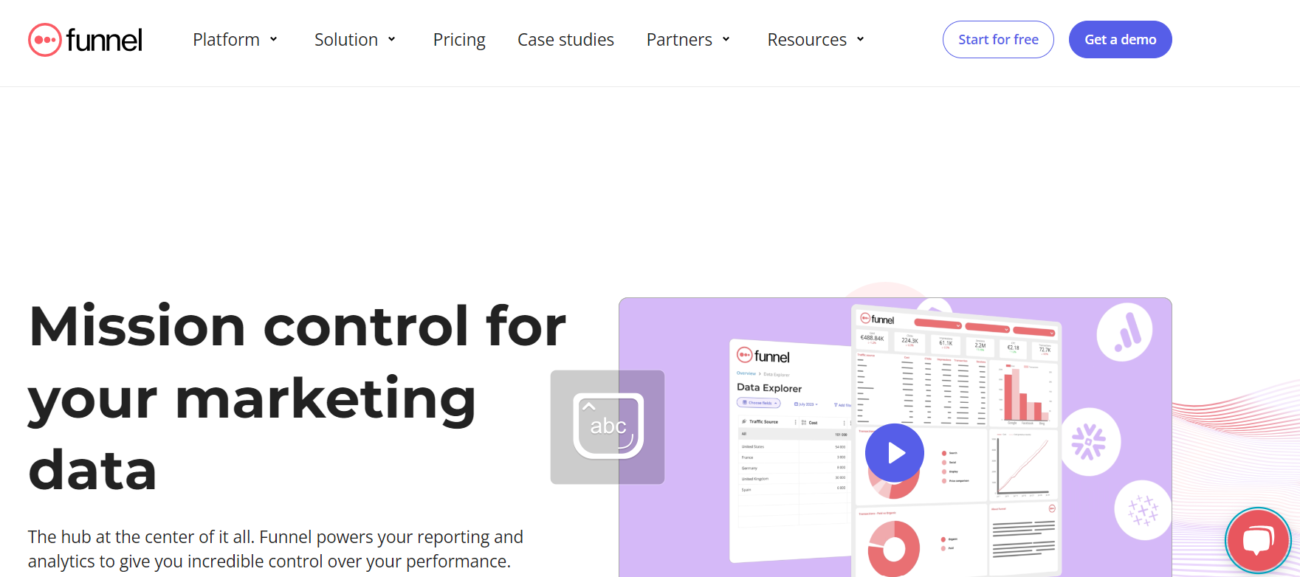
What is Funnel.io ?
Funnel.io, unlike Whatagraph which focuses on marketing data visualization and reporting, is a marketing data hub. It primarily acts as a centralized platform for collecting, organizing, and transforming data from various marketing and advertising sources. Funnel.io empowers businesses to gain a deeper understanding of their marketing performance by unifying data from various channels.
Who Should Use a Funnel.io ?
- Marketing analysts: Gain a unified view of marketing data, simplifying analysis and reporting.
- Marketing managers: Make data-driven decisions based on comprehensive insights.
- Marketing teams: Collaborate effectively by having a single source of truth for marketing data.
- Agencies: Provide transparent and reliable data to clients, demonstrating campaign effectiveness.
Pros
- Centralized data platform: Consolidates data from various sources, eliminating data silos.
- Data transformation: Transforms raw data into usable insights through features like automatic grouping and currency conversion.
- Data sharing: Share data securely with team members and external partners.
- Scalability: Easily scales to accommodate growing businesses and data volumes.
- Enterprise-grade security: Ensures data security and compliance with industry regulations.
Cons
- Steeper learning curve: Requires some technical understanding compared to user-friendly marketing analytics platforms.
- Limited data visualization: Primarily focuses on data transformation and lacks advanced reporting and visualization features.
- Pricing: Can be expensive for smaller businesses, especially considering limited reporting capabilities.
Funnel.io Integration
Funnel.io boasts a vast library of connectors allowing integration with a wide range of marketing and advertising platforms, including:
- Social media platforms: Facebook, Instagram, Twitter, LinkedIn, etc.
- Email marketing platforms: Mailchimp, Constant Contact, etc.
- Web analytics platforms: Google Analytics, Adobe Analytics, etc.
- CRM platforms: Salesforce, HubSpot, etc.
- Advertising platforms: Google Ads, Facebook Ads, etc.
By integrating these platforms, Funnel.io enables seamless data collection and streamlines the data management process. However, for advanced reporting and visualization, users might need to integrate with additional platforms that specialize in those areas.
3. SuperMatrics
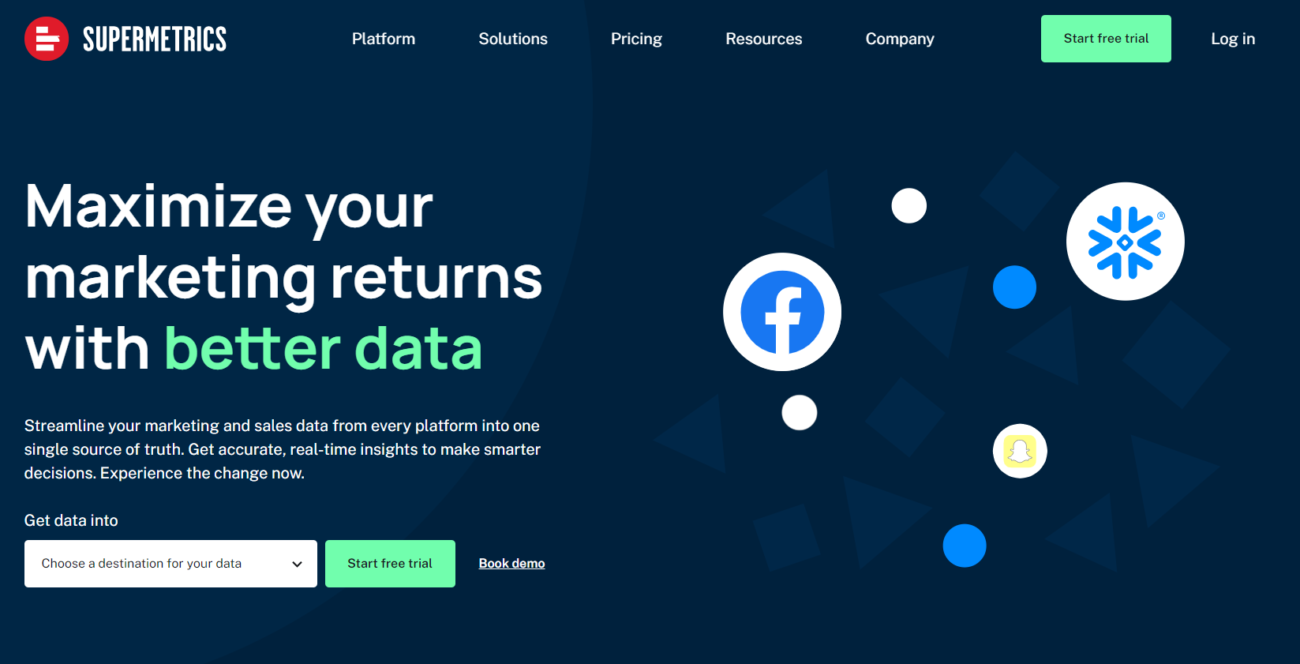
What is SuperMetrics ?
SuperMetrics isn’t a marketing data hub or visualization platform like Whatagraph or Funnel.io. Instead, it acts as a data bridge, facilitating the extraction and transfer of marketing data from various sources to popular analytics and visualization tools like Google Sheets, Google Data Studio, Excel, and more. It essentially bridges the gap between your data and your desired platform for analysis and reporting.
Who Should Use SuperMetrics ?
- Marketing analysts: Simplify data extraction from various sources and streamline report creation within their preferred tools.
- Marketing managers: Gain faster access to marketing data for informed decision-making.
- Agencies: Automate data collection and reporting for clients, saving time and effort.
- Freelancers: Access powerful data capabilities without the need for expensive marketing analytics platforms.
Pros
- Ease of use: User-friendly interface simplifies data extraction and integration with preferred tools.
- Supports multiple platforms: Connects to a wide range of marketing data sources and analytics tools.
- Automated reporting: Schedule automatic data refreshes and report generation for consistent insights.
- Cost-effective: Offers various plans suited to different needs, providing an affordable option for various users.
- Flexibility: Integrates with existing workflows and doesn’t require switching to a new platform for analysis.
Cons
- Limited data transformation: Lacks advanced data transformation capabilities like Funnel.io.
- Limited data visualization: Relies on the capabilities of the integrated analytics tool for visualization.
- Pricing: While cost-effective compared to some platforms, specific data sources might require additional fees.
SuperMetrics Integration
SuperMetrics boasts a robust list of integrations, allowing effortless data extraction from various marketing and advertising platforms, including:
- Social media platforms: Facebook, Instagram, Twitter, LinkedIn, etc.
- Email marketing platforms: Mailchimp, Constant Contact, etc.
- Web analytics platforms: Google Analytics, Adobe Analytics, etc.
- SEO tools: SEMrush, Serpple, Ahrefs, Moz, etc.
- CRM platforms: Salesforce, HubSpot, etc.
- Advertising platforms: Google Ads, Facebook Ads, etc.
By leveraging SuperMetrics, users can bridge the gap between their data sources and preferred analytics tools, enabling efficient data extraction, automation, and cost-effective reporting.
4. Tapclicks
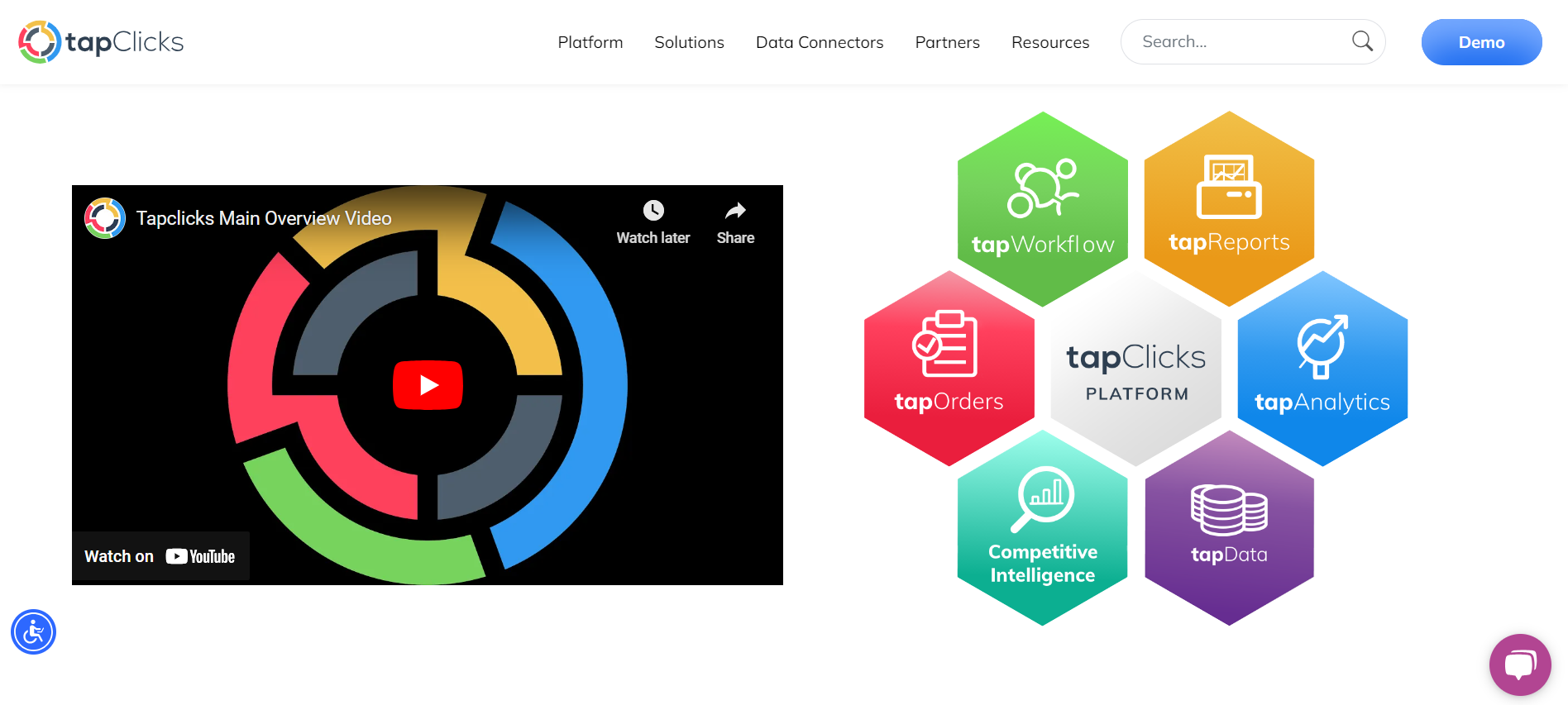
What is Tapclicks ?
TapClicks is a marketing data platform (MDP) designed to consolidate, analyze, and visualize marketing data from various sources in a centralized location. It empowers businesses to gain a holistic view of their marketing performance across various channels, optimize campaigns, and make data-driven decisions.
Who Should Use Tapclicks ?
- Marketing agencies: Manage and report on marketing campaigns for multiple clients from a single platform.
- Marketing teams: Gain deeper insights into campaign performance and collaborate effectively on data-driven strategies.
- Media companies: Track and analyze advertising performance across various channels.
- Large enterprises: Manage complex marketing data from diverse sources and unify reporting across departments.
Pros
- Unified marketing data platform: Provides a centralized location to manage and analyze data from all your marketing channels.
- Advanced data visualization: Offers customizable dashboards and reports to visualize data effectively.
- Automated reporting: Schedule automatic reports to be delivered to stakeholders at set intervals.
- Smart campaign creation: Group related campaigns into “Smart Campaigns” for easier reporting and analysis.
- Scalability: Adapts to the needs of growing businesses with increasing data volumes.
- Security and compliance: Ensures data security and adheres to industry regulations.
Cons
- Learning curve: Understanding advanced features might require some learning and training.
- Pricing: Can be costly for smaller businesses or those with limited marketing budgets.
- Limited free plan: The free plan offers restricted functionalities compared to paid plans.
Tapclicks Integration :
TapClicks boasts a vast library of pre-built connectors allowing seamless integration with a wide range of marketing and advertising platforms, including:
- Social media platforms: Facebook, Instagram, Twitter, LinkedIn, etc.
- Email marketing platforms: Mailchimp, Constant Contact, etc.
- Web analytics platforms: Google Analytics, Adobe Analytics, etc.
- SEO tools: SEMrush, Ahrefs, Moz, etc.
- CRM platforms: Salesforce, HubSpot, etc.
- Advertising platforms: Google Ads, Facebook Ads, etc.
Additionally, TapClicks offers its Smart Connector tool, enabling custom integration with virtually any data source, including proprietary platforms and offline data sources. This empowers businesses to unify all their marketing data in one platform for comprehensive analysis and reporting.
5. SEMRush
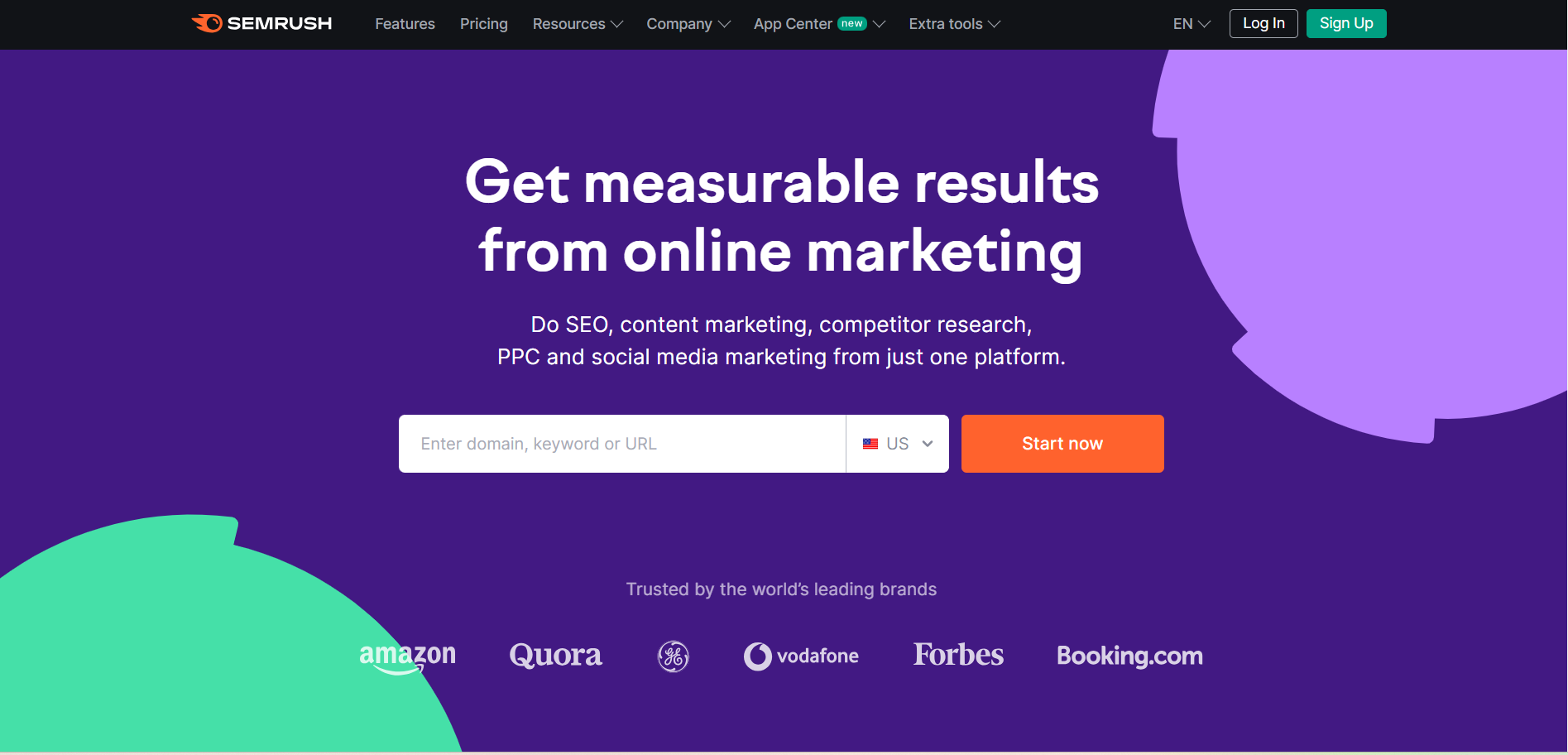
What is SEMRush ?
SEMrush isn’t solely a marketing analytics platform like the previous examples. It’s primarily an SEO (Search Engine Optimization) and digital marketing toolkit. It provides a comprehensive suite of tools to analyze website traffic, competitor strategies, keywords, and overall online presence. While it offers some marketing analytics capabilities, its core focus lies in enhancing website visibility and organic search performance.
Who Should Use a SEMRush ?
SEMrush caters to a wide range of users involved in online marketing and website optimization, including:
- SEO specialists: Conduct in-depth keyword research, competitor analysis, and backlink audits.
- Content marketers: Identify relevant topics, optimize content for search engines, and track content performance.
- Marketing managers: Gain insights into overall website traffic, monitor competitor strategies, and measure the effectiveness of marketing campaigns.
- Web developers: Identify technical SEO issues and improve website performance.
- Business owners: Gain valuable insights into their website’s online presence and make informed decisions for growth.
Pros
- Comprehensive SEO tools: Offers a wide range of tools for keyword research, competitor analysis, backlink monitoring, and on-page optimization.
- Competitive insights: Gain valuable insights into competitor strategies and identify opportunities to outrank them in search results.
- Content marketing features: Identify trending topics, optimize content for search engines, and track content performance through social media analytics.
- Social media management: Monitor social media performance and schedule posts across various platforms (paid add-on).
- Project management: Manage multiple projects, track tasks, and collaborate with team members (paid add-on).
Cons
- Learning curve: Understanding the various tools and features can require some learning effort.
- Pricing: Paid plans can be costly for smaller businesses or those with limited needs.
- Limited marketing analytics features: While offering some reporting and analysis, it isn’t specifically designed for comprehensive marketing analytics like other platforms mentioned previously.
SEMRush Integration
SEMrush offers limited direct integrations compared to other marketing analytics platforms. However, its data can be exported and integrated with various marketing tools and platforms through CSV downloads and API access. This allows users to combine SEMrush data with other analytics platforms for a more comprehensive view of their marketing performance.
While SEMrush isn’t a dedicated marketing analytics platform like Whatagraph or Funnel.io, it provides valuable insights for website owners and marketers, particularly focusing on SEO and online visibility. For comprehensive marketing analytics needs alongside SEO tools, users might need to combine SEMrush with other platforms.
6. Attribution
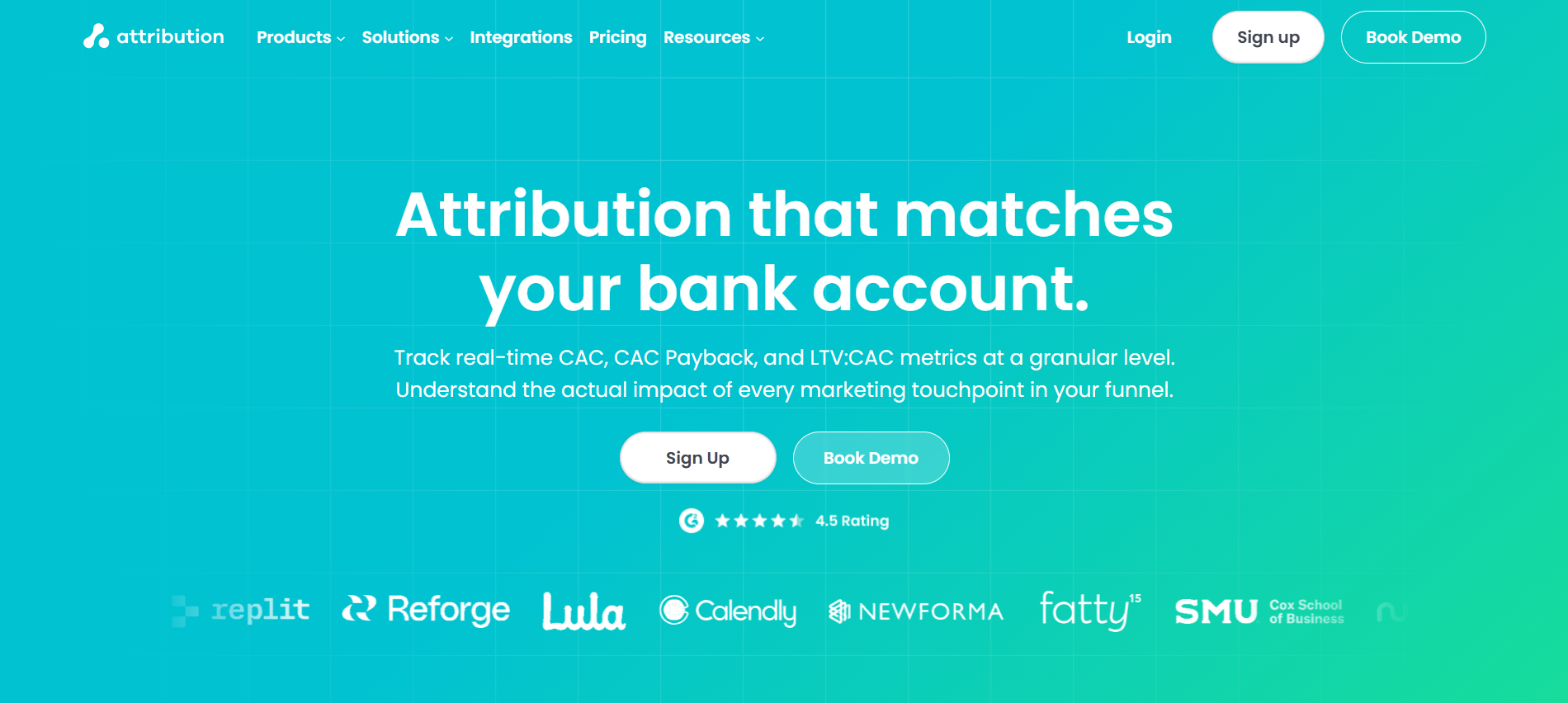
What is Attribution?
Attribution is a dedicated marketing attribution platform designed to provide clear, revenue-focused insights into campaign performance across the entire customer journey. Unlike basic analytics tools that rely on last-click data, Attribution uses multi-touch attribution (MTA) to identify and quantify how each touchpoint contributes to conversions and revenue. It is particularly well-suited for SaaS, subscription-based, and e-commerce businesses that need to track complex buying cycles and recurring revenue streams.
Who Should Use Attribution?
Growth Marketers: Uncover which marketing efforts truly drive revenue and scale effective campaigns.
Marketing Teams: Evaluate channel effectiveness and refine strategies based on revenue contribution.
CMOs & Marketing Leaders: Justify marketing spend with transparent, revenue-connected insights.
SaaS & Subscription Businesses: Attribute recurring payments and lifetime value to original campaigns.
Pros
Revenue Attribution: Goes beyond clicks and leads to attribute real revenue and subscription value.
Multi-Touch Models: Supports linear, U-shaped, time decay, and custom attribution models.
Real-Time Data: Offers immediate access to performance metrics for fast decision-making.
Built for Recurring Revenue: Designed for tracking subscription billing and long-term customer value.
Marketer-Friendly: Interface and reports are tailored for marketing professionals, not just analysts.
Cons
Limited Native Ad Integrations: No direct support for platforms like Google Ads or Facebook Ads.
Narrower Integration Scope: Focused on key systems; may require Segment or middleware for broader data ingestion.
Mid-Market Focus: Best suited for growing businesses; enterprises may need customization.
Attribution Integration
Attribution integrates directly with a selected group of tools to support marketing and revenue tracking:
- CRM & Data Platforms: HubSpot, Segment
- E-Commerce & Billing Platforms: Shopify, Stripe, Recurly, Chargify
- Marketing Automation: Marketo, Klaviyo, Mailchimp
These integrations allow Attribution to connect user behavior, marketing actions, and revenue events into a single, cohesive view—supporting precise measurement and performance optimization across the customer lifecycle.
How Attribution Stands Out
Attribution stands out by focusing on real revenue impact rather than vanity metrics. Its multi-touch attribution models and integration with billing systems make it ideal for marketers who need to connect campaigns to bottom-line business results. For subscription and e-commerce businesses in particular, Attribution provides an essential layer of clarity in a complex marketing landscape.
Top Marketing Analytics Jobs
The marketing landscape is increasingly data-driven, and skilled marketing analysts are in high demand. These professionals play a crucial role in translating data into actionable insights, helping businesses optimize their marketing efforts, maximize ROI, and achieve their marketing goals.
Here are some of the top marketing analytics jobs in today’s market:
- Marketing Analyst:
- Responsibilities: Analyze marketing campaign performance, track key metrics, identify trends and patterns, and provide data-driven recommendations to improve marketing strategies.
- Skills: Strong analytical skills, data visualization, marketing knowledge, and proficiency in marketing analytics tools.
- Digital Marketing Analyst:
- Responsibilities: Focuses on analyzing data from digital marketing channels like websites, social media, and email marketing.
- Skills: In addition to general marketing analytics skills, expertise in web analytics, social media analytics, and email marketing analytics is desired.
- Social Media Analyst:
- Responsibilities: Tracks and analyzes social media performance, identifies audience trends, and creates data-driven social media strategies.
- Skills: Expertise in social media platforms, social media analytics tools, and understanding of social media marketing best practices.
- Marketing Operations Analyst:
- Responsibilities: Analyzes data related to marketing operations, such as lead generation, campaign management, and marketing technology (MarTech) performance.
- Skills: Strong analytical skills, understanding of marketing operations workflows, and proficiency in MarTech platforms.
- Market Research Analyst:
- Responsibilities: Conducts market research, analyzes data to understand customer behavior and market trends, and provides insights for product development and marketing strategies.
- Skills: Expertise in market research methodologies, data analysis, and strong communication skills to present findings.
- SEO Analyst:
- Responsibilities: Analyzes website traffic data, identifies opportunities for search engine optimization (SEO), and implements strategies to improve organic search ranking.
- Skills: Expertise in SEO tools and techniques, understanding of search engine algorithms, and knowledge of on-page and off-page SEO strategies.
- Growth Marketing Analyst:
- Responsibilities: Analyzes user acquisition data, experiments with different marketing strategies, and optimizes marketing campaigns to drive user growth and engagement.
- Skills: Strong analytical skills, knowledge of growth hacking techniques, and experience with A/B testing and experimentation.
- Marketing Data Scientist:
- Responsibilities: Applies advanced data science techniques to analyze marketing data, builds predictive models, and provides insights for more targeted and effective marketing strategies.
- Skills: Strong foundation in statistics, machine learning, and programming languages like Python and R, in addition to marketing knowledge and communication skills.
Earning Potential:
According to the Bureau of Labor Statistics, marketing analysts have a median annual wage of USD 76,120 as of May 2023 [Source: Bureau of Labor Statistics. Salaries can vary depending on experience, location, and industry.
Conclusion
According to vh-info, In the end we can say the landscape of marketing analytics is constantly evolving, offering businesses a powerful arsenal of tools and platforms to harness the power of data and gain valuable insights for successful marketing strategies.
Understanding the key benefits of integrating marketing analytics platforms, exploring the functionalities of popular tools like Whatagraph, Funnel.io, Supermetrics, TapClicks, and SEMrush, and staying informed about the top marketing analytics jobs and their growing demand equips businesses and individuals alike to thrive in the data-driven marketing environment.
By embracing data-driven decision-making and investing in skill development, businesses can gain a competitive edge and individuals can unlock lucrative career opportunities in the ever-expanding field of marketing analytics.
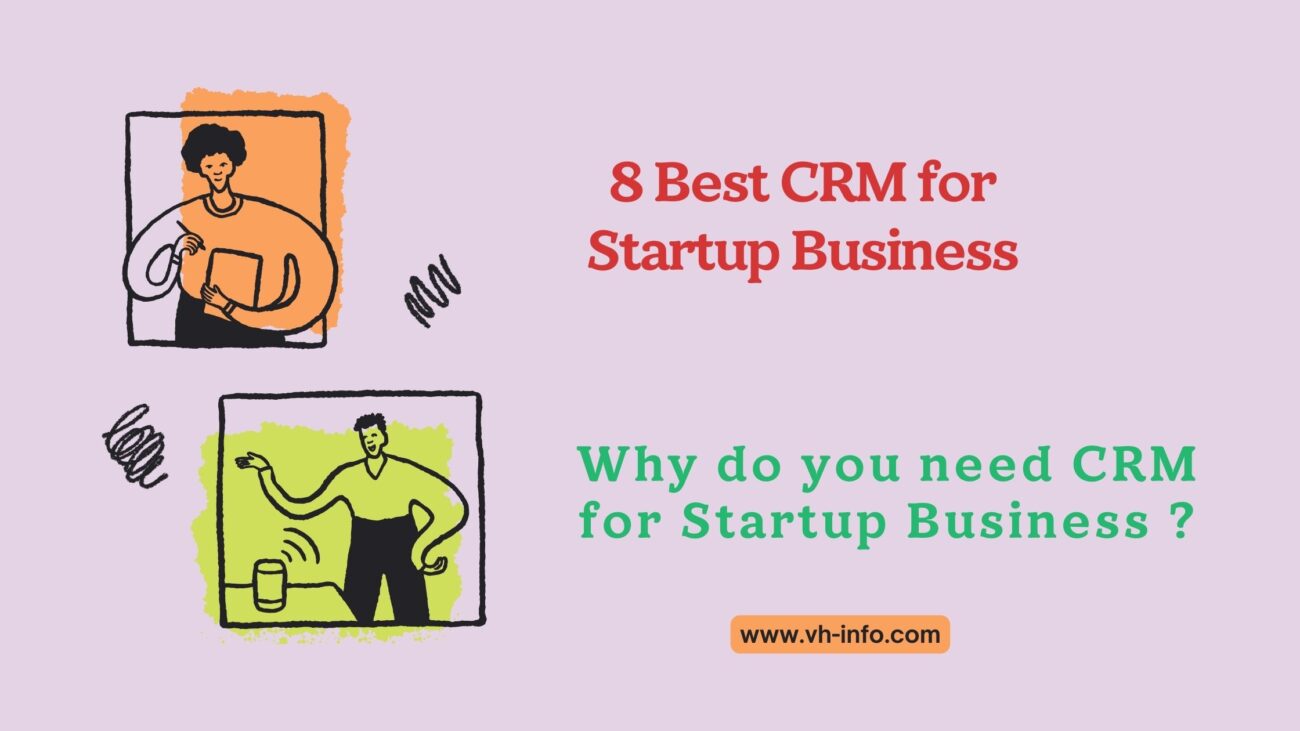 Why do you need CRM for startup
Why do you need CRM for startup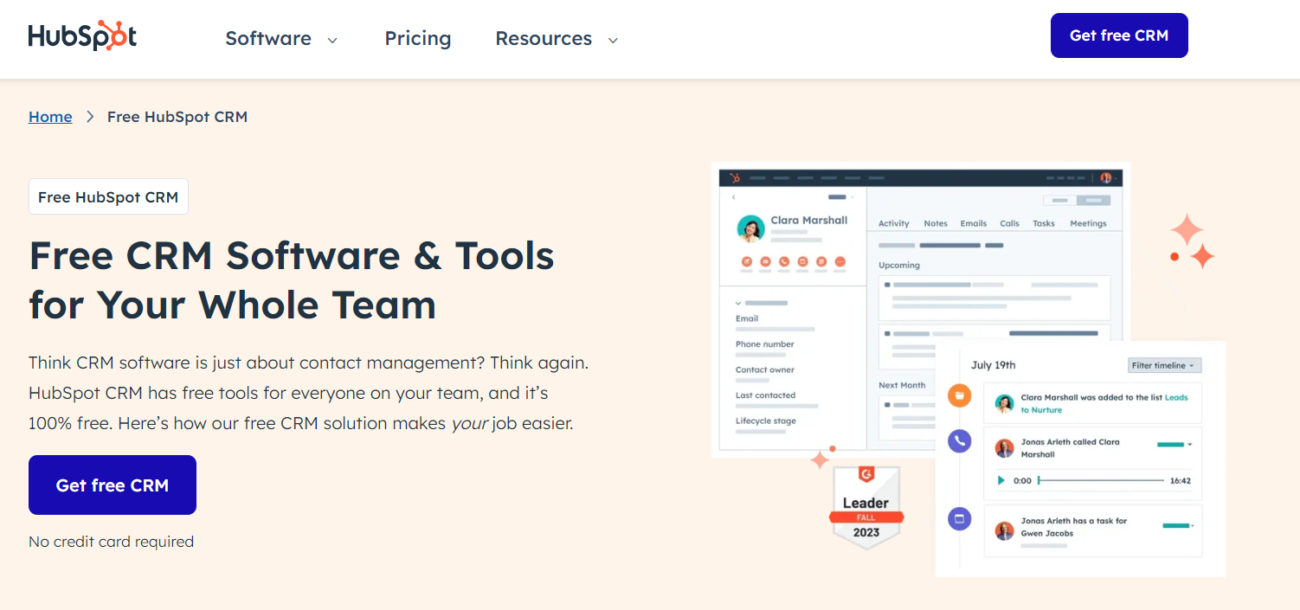 HubSpot CRM
HubSpot CRM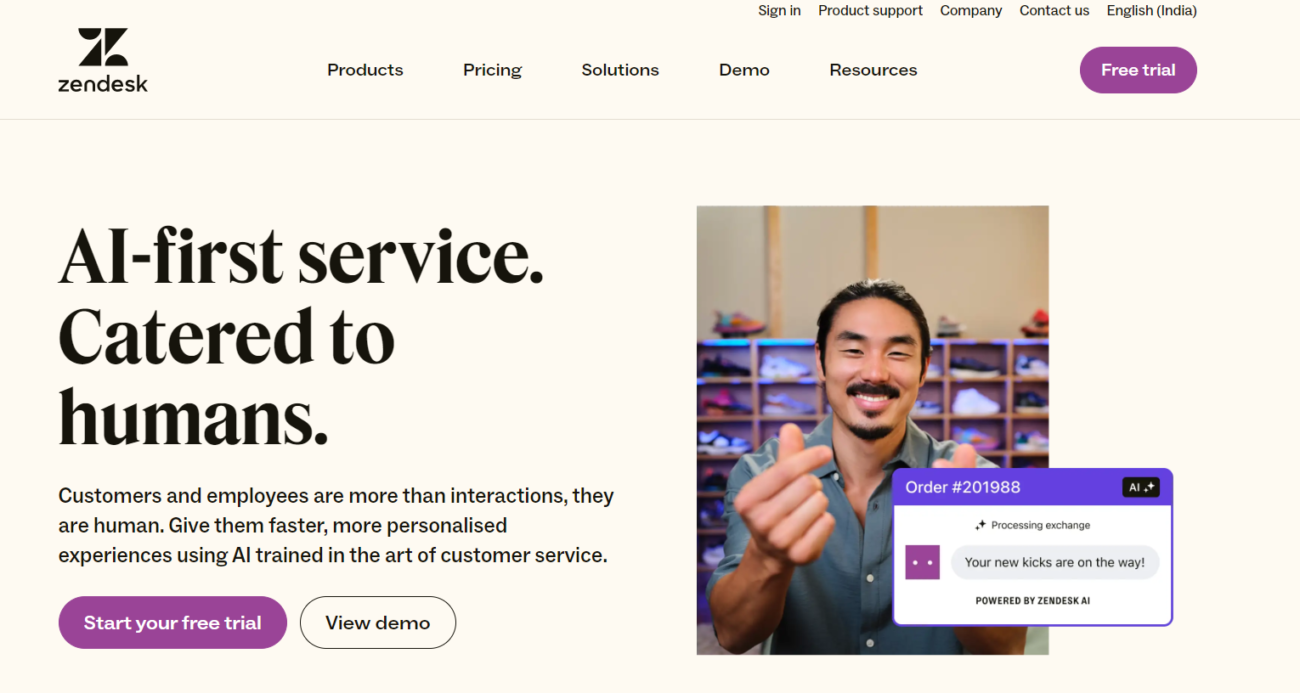 Zendesk CRM
Zendesk CRM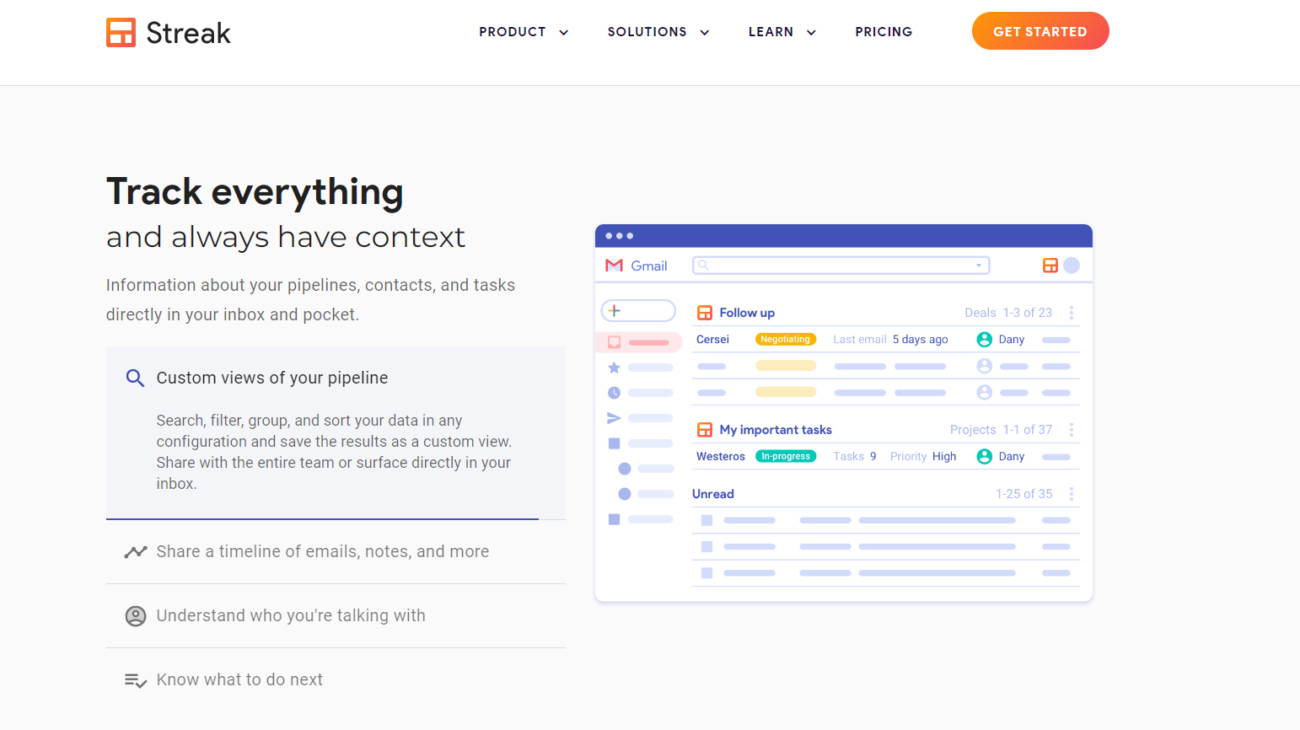 Streak CRM
Streak CRM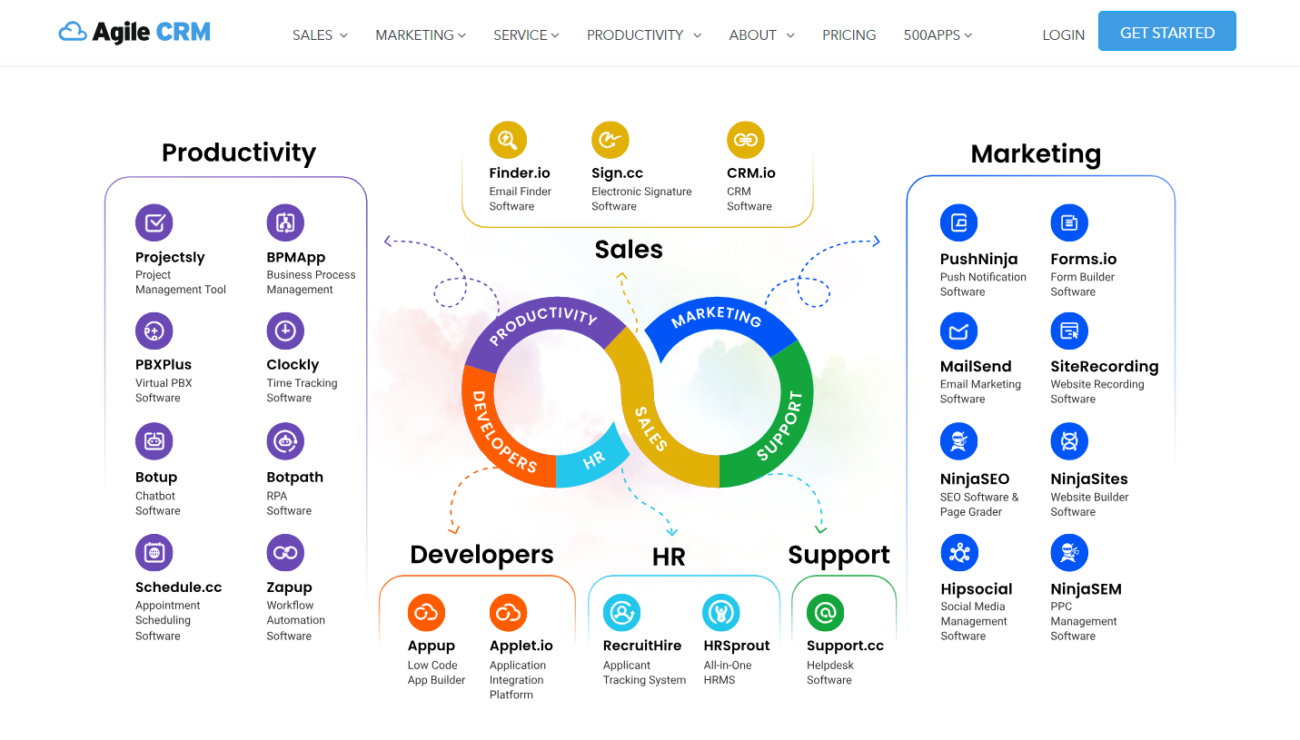 Agile CRM
Agile CRM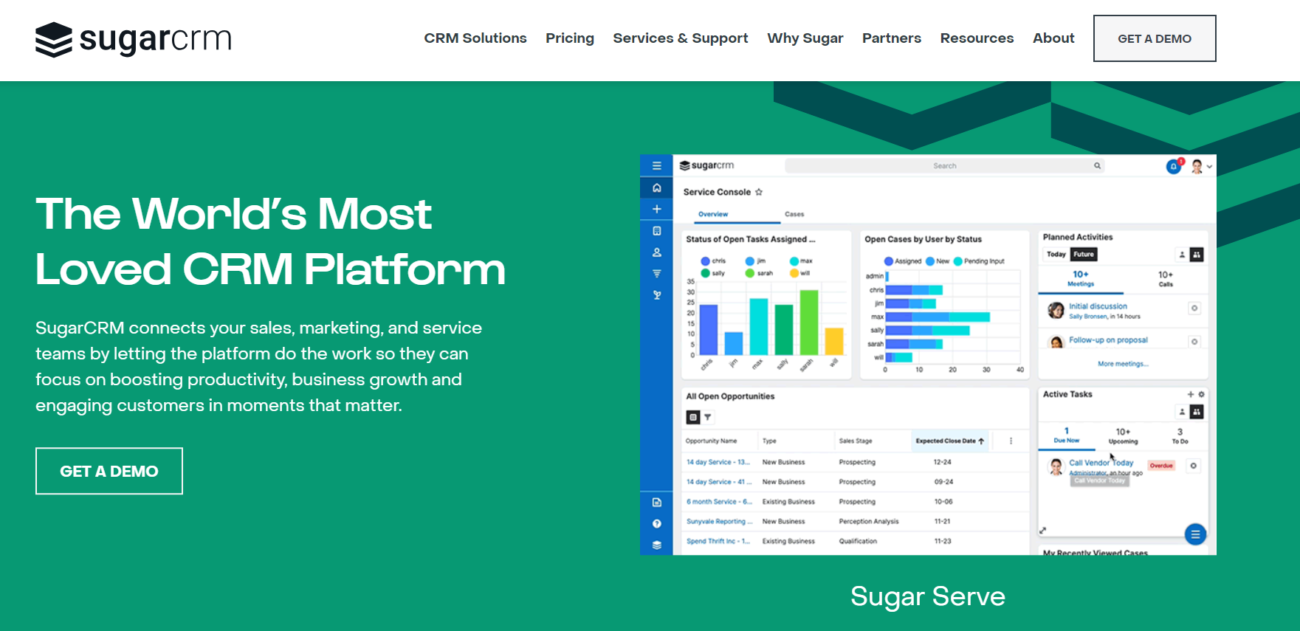 Sugar CRM
Sugar CRM
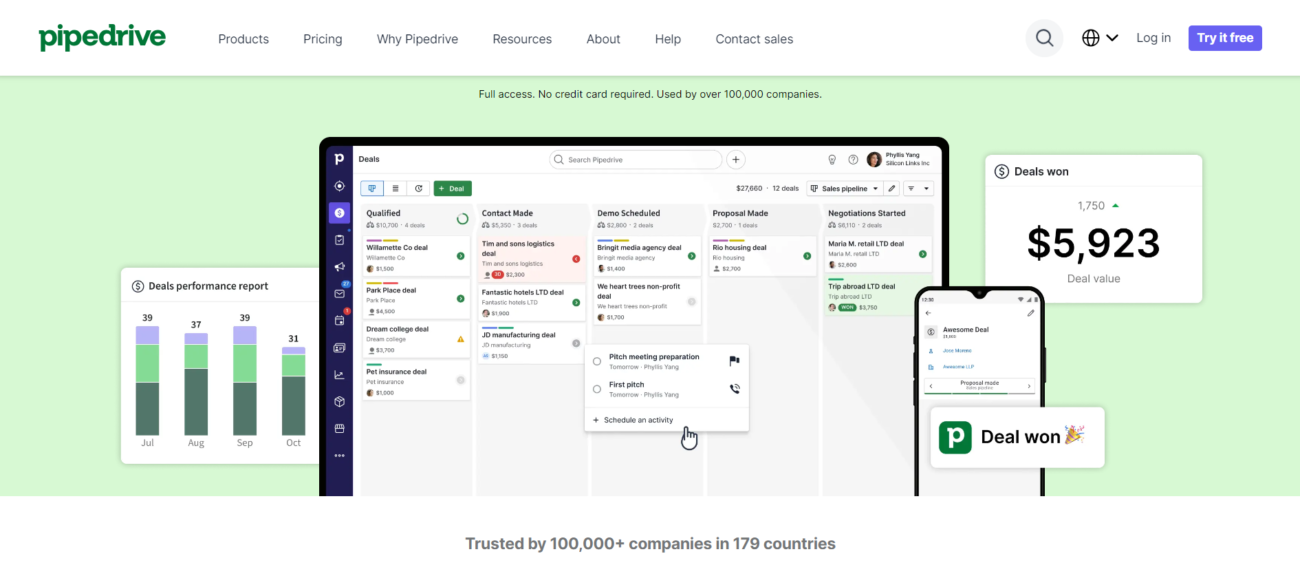 Pipedrive CRM
Pipedrive CRM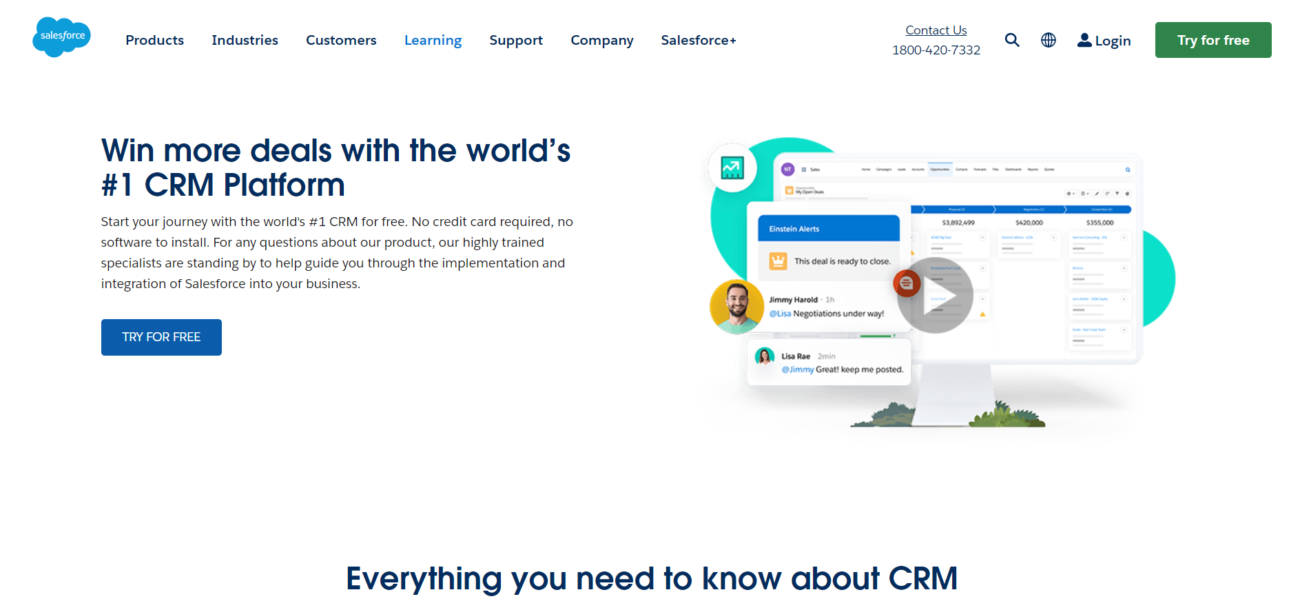 Sales force CRM
Sales force CRM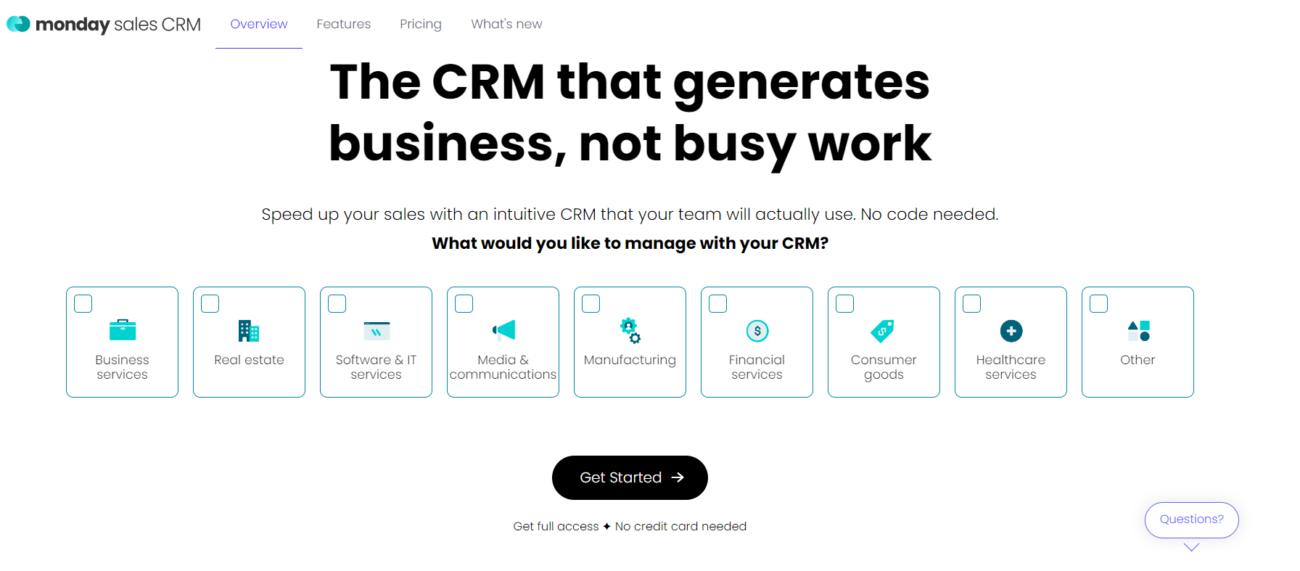 Monday Sales-CRM
Monday Sales-CRM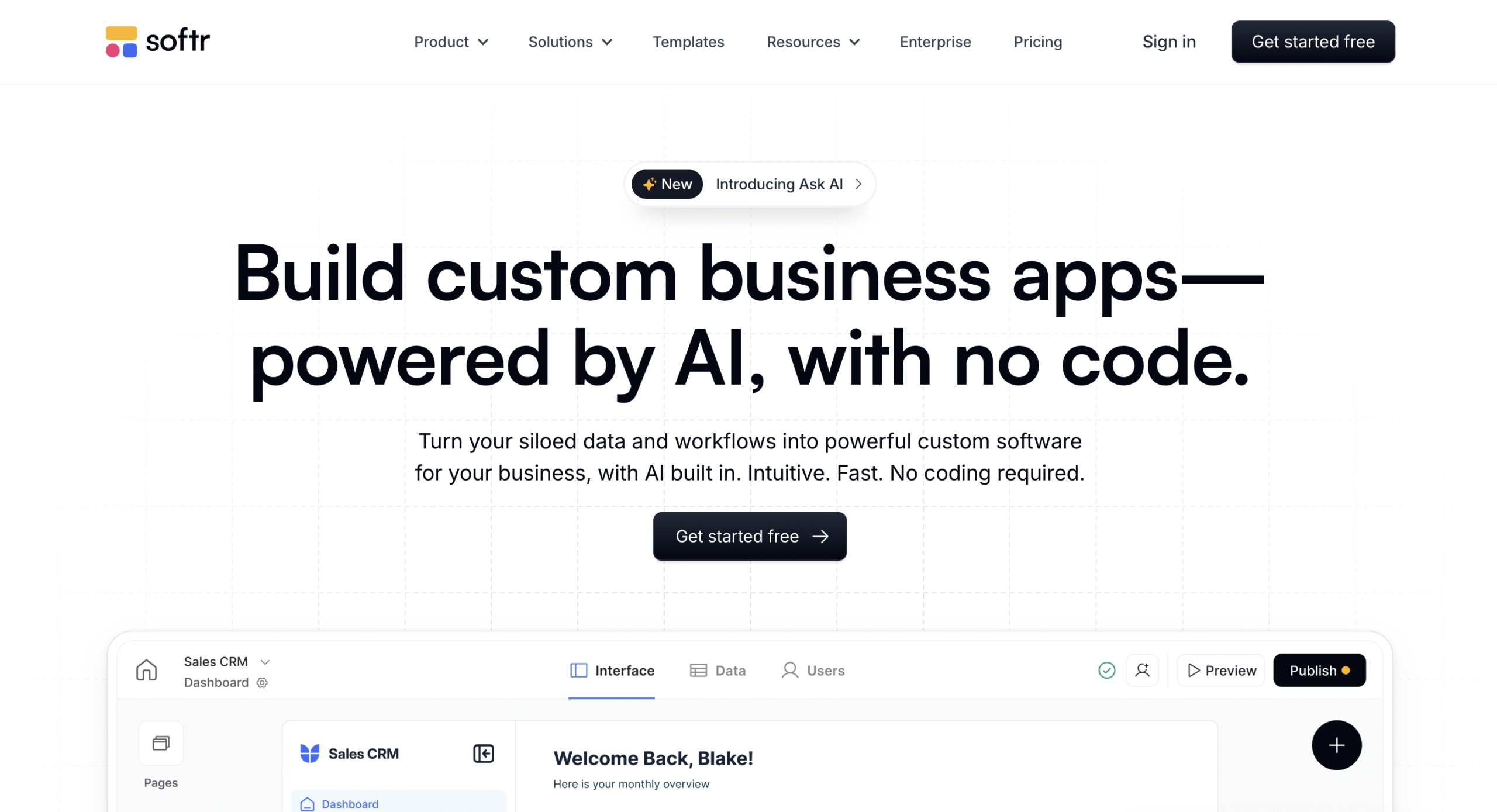

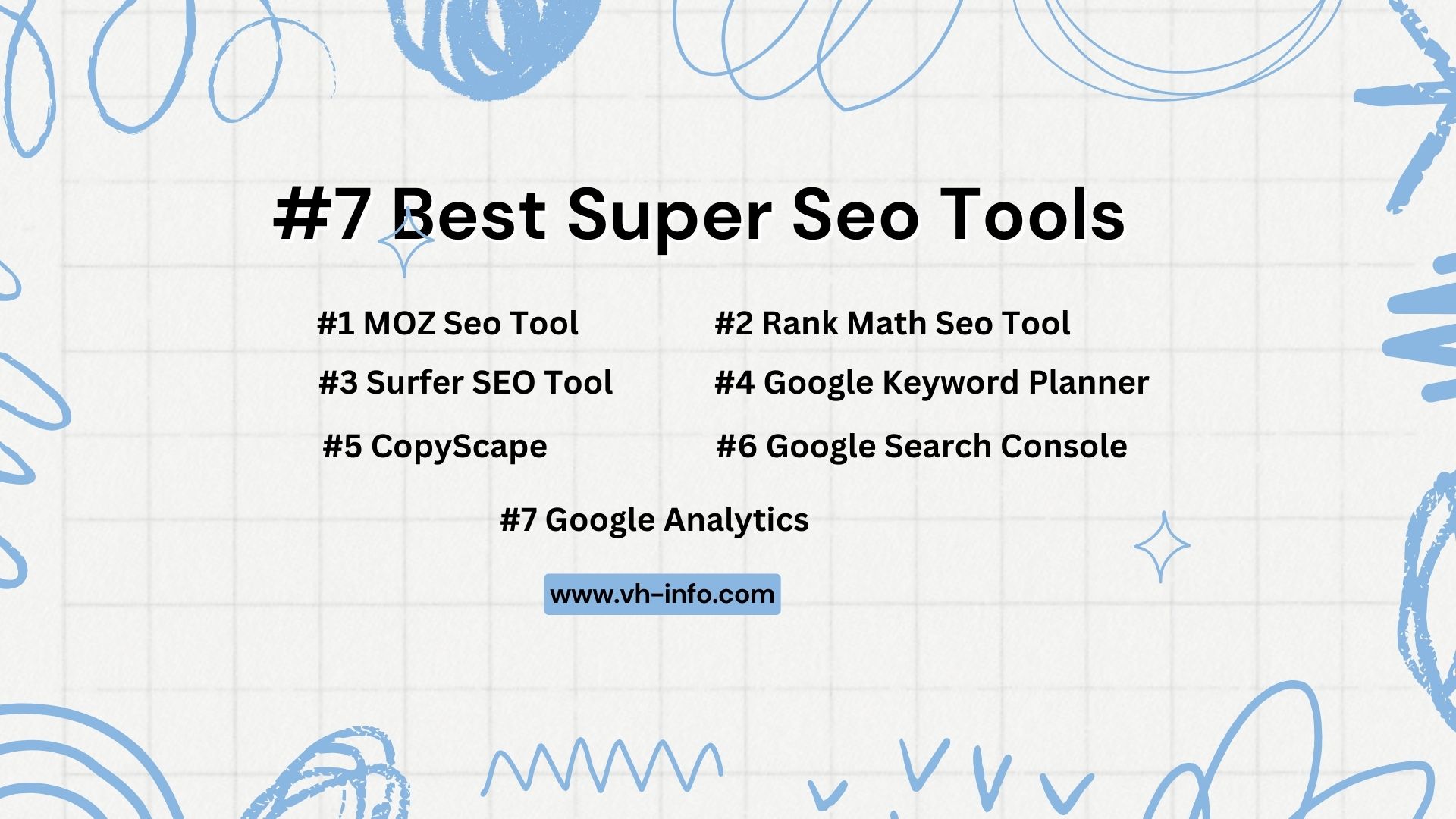
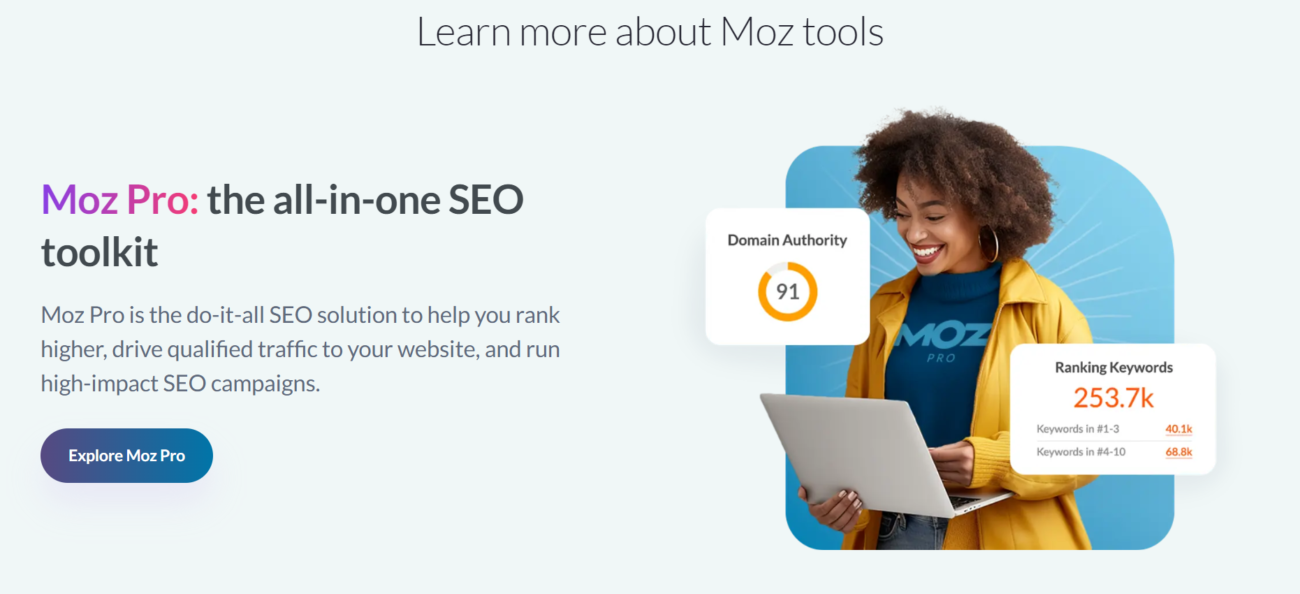
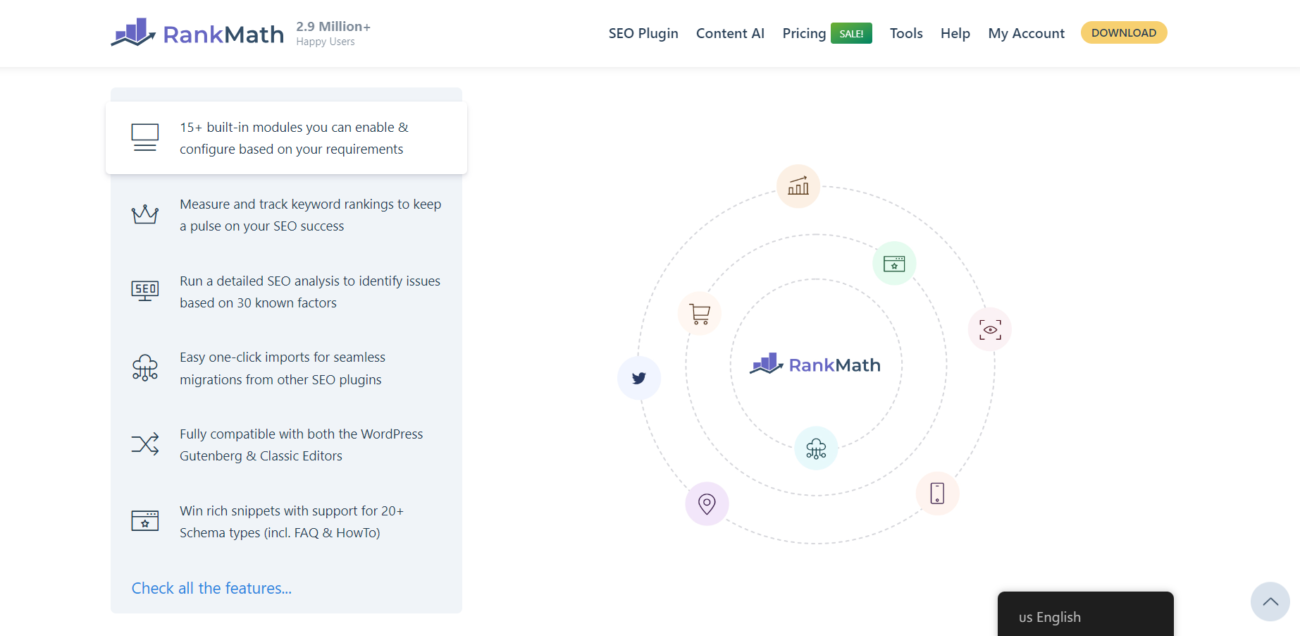 Rank Math Seo Tool – For WordPress Plugin[/caption
Rank Math Seo Tool – For WordPress Plugin[/caption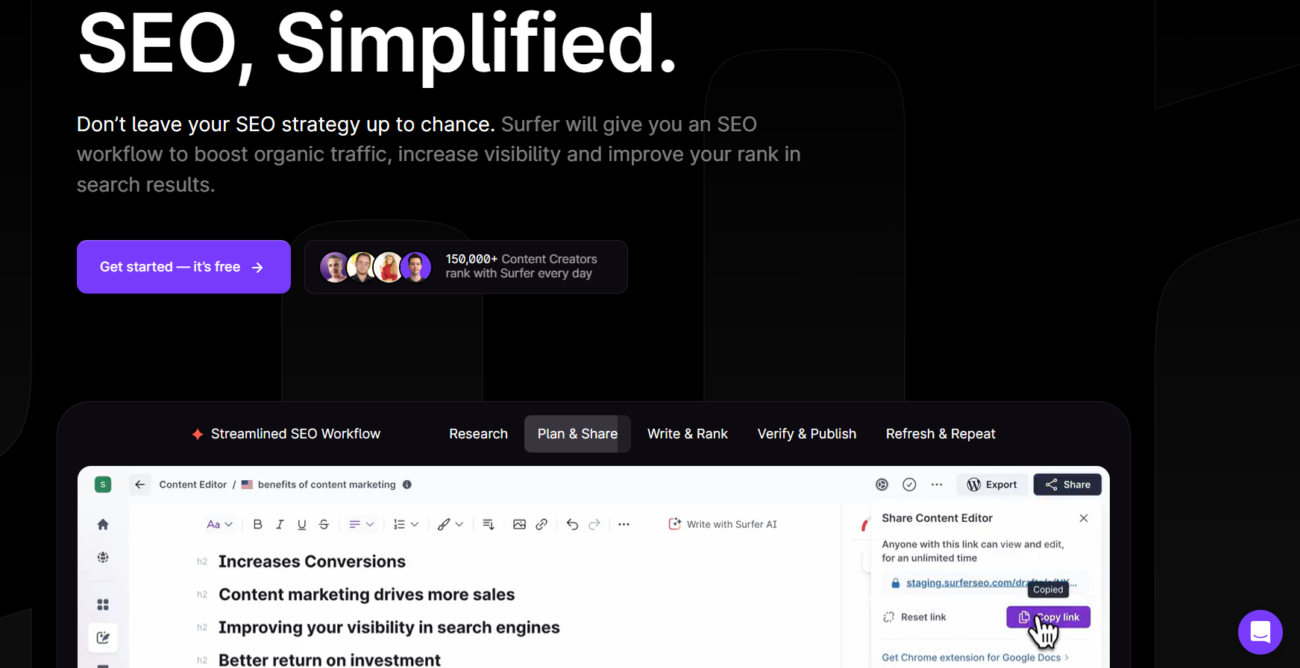 SURFER SEO Tool – Simplify your SEO[/caption
SURFER SEO Tool – Simplify your SEO[/caption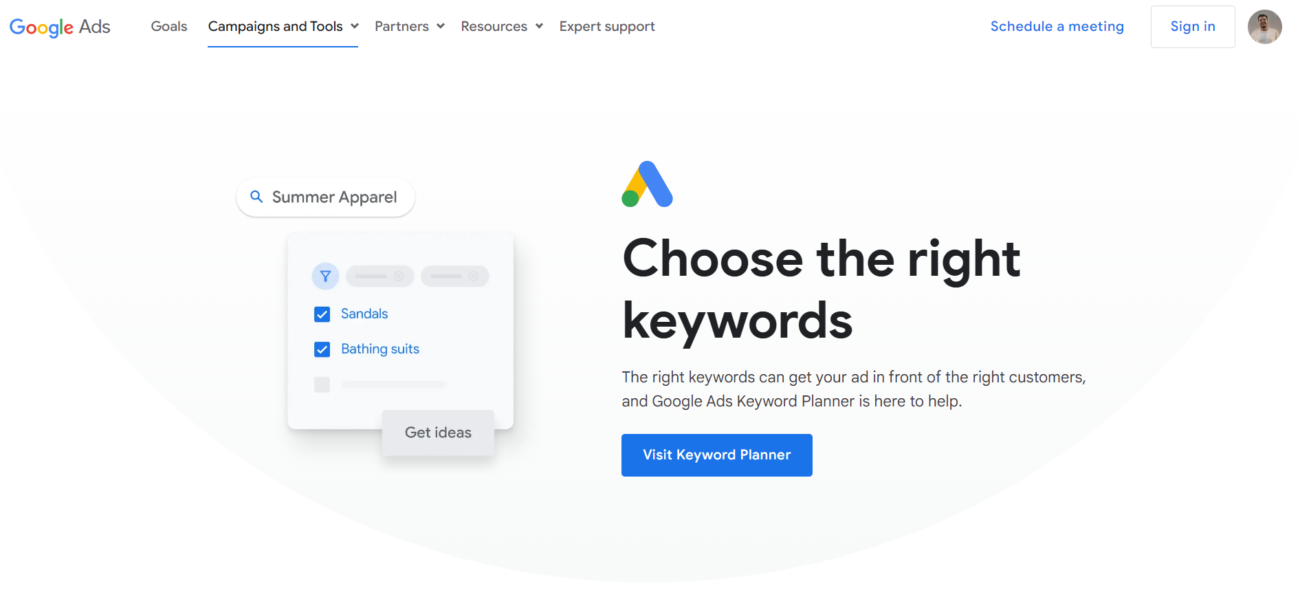 Google Keyword Planner – To Get Keyword Budget for Google Ads[/caption
Google Keyword Planner – To Get Keyword Budget for Google Ads[/caption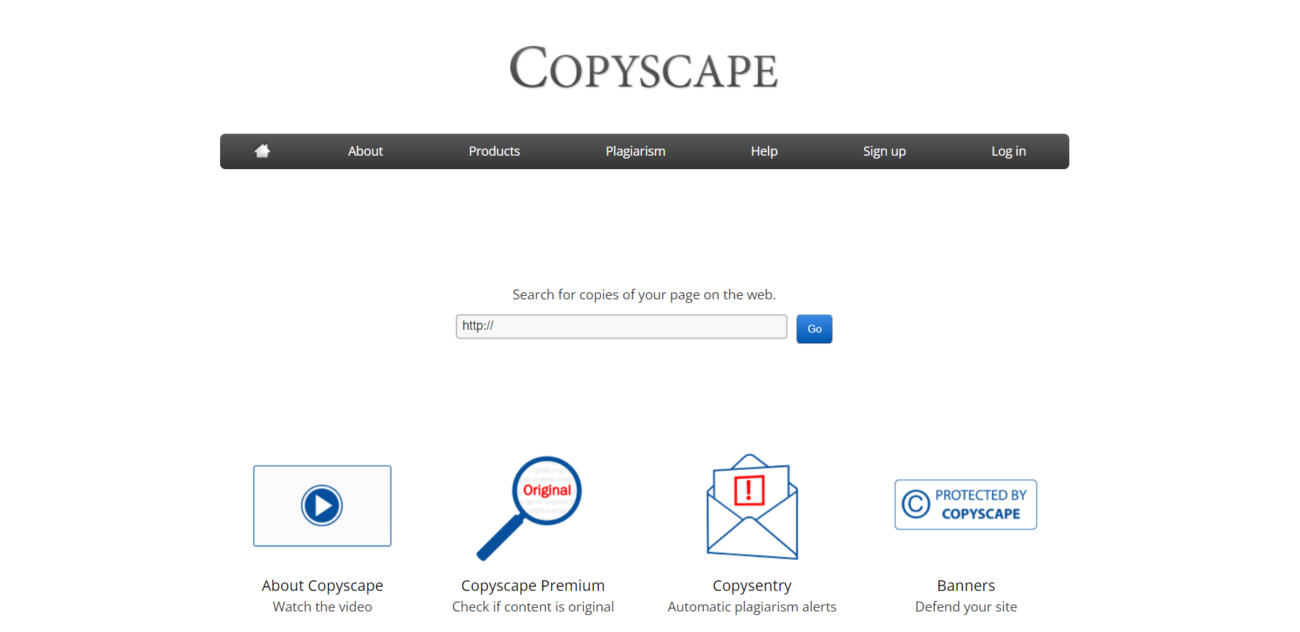 CopyScape – To Check Duplicate Content[/caption
CopyScape – To Check Duplicate Content[/caption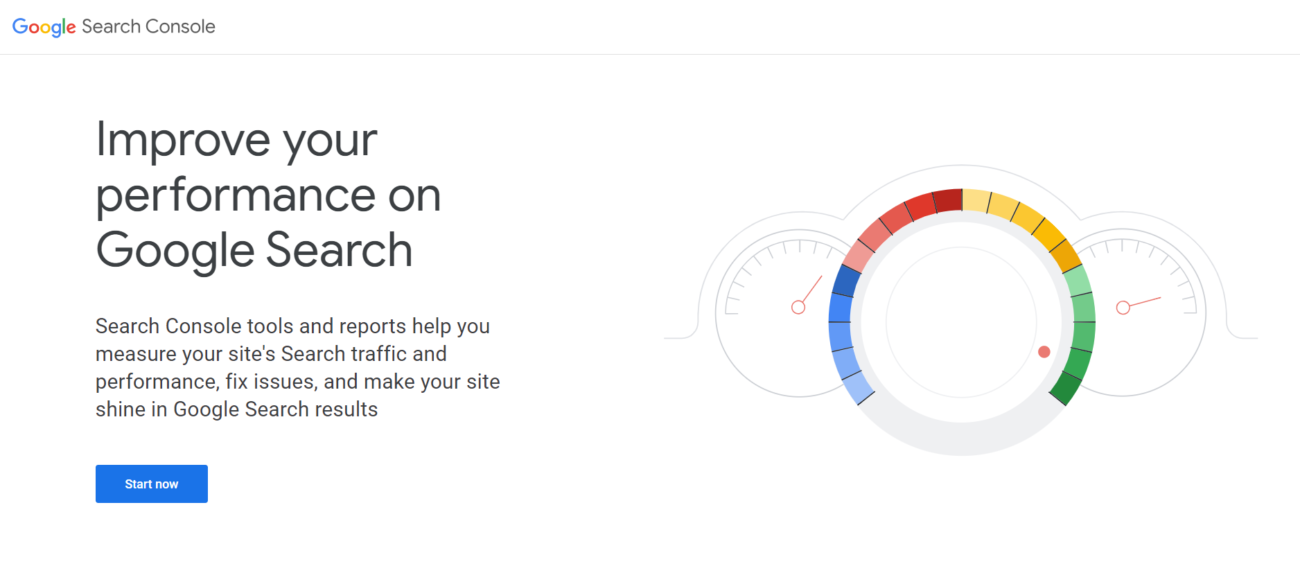 Google Search Console – For Website Analysis & Reports[/caption
Google Search Console – For Website Analysis & Reports[/caption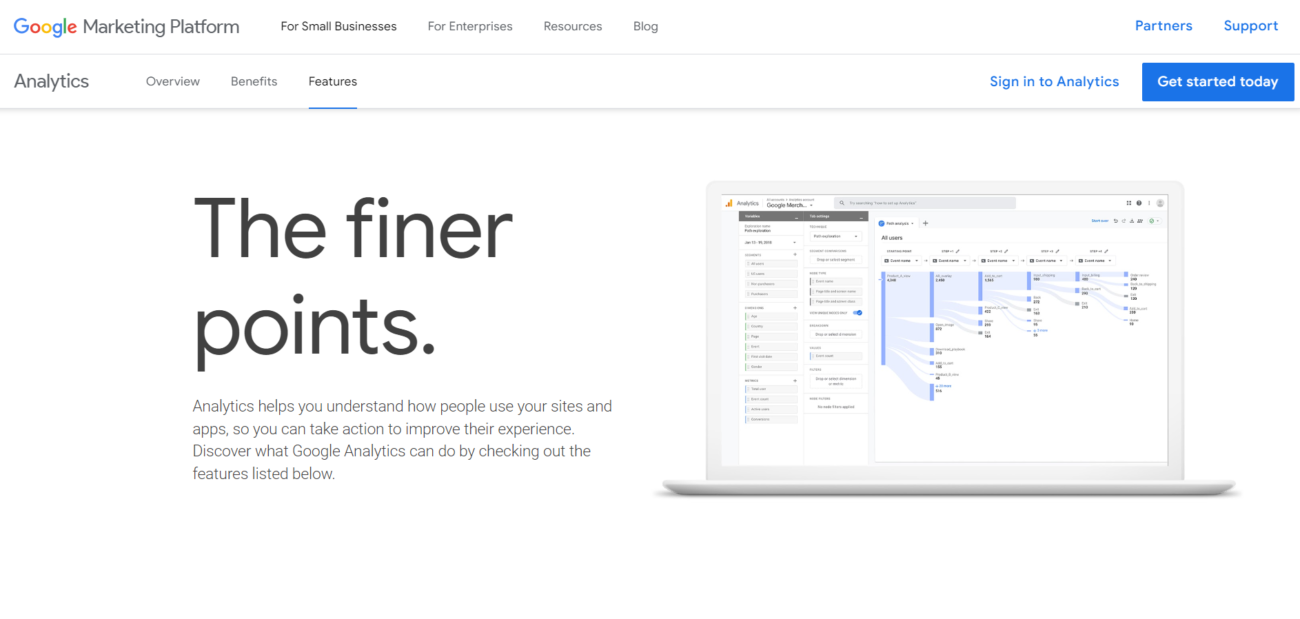 Google Analytics – Complete Web Stats and Search Insights[/caption
Google Analytics – Complete Web Stats and Search Insights[/caption







